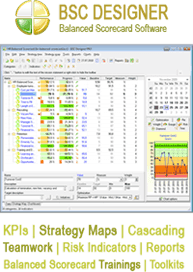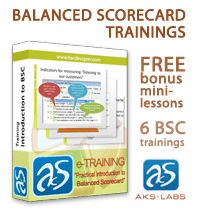The Relevance of Time Scorecard in relation to Time Management
A time scorecard can be a useful tool that individuals or business organizations can use to assess the efficiency with which time is managed. Before this scorecard concept can be implemented in any organization, it is vital that the concept of time management be clearly understood.
Time management is commonly defined as the effort exerted by individuals to make better use of their time. It encompasses all systems and principles that people often use when making conscious decisions about what they do to occupy their time. Common time management strategies require that individuals set goals that they want to achieve within a given time period. Once these goals are identified, they are then categorized or broken down into action plans, projects, or task lists. The Pareto Principle or the 80:20 rule is often taken into account when prioritizing tasks. According to this principle, typically 80% of unfocused effort will generate only 20% of results. Accordingly, 80% of results can be attributed to only 20% of effort. By applying this principle to good use, an individual or a business organization will be able to concentrate more of their time, effort, energy, and other resources on tasks that will really pay off and contribute to organizational success.
Time management would also require individuals and business organizations to prioritize their concerns and the tasks that come with these. A task list is often made to record all the chores or steps that need to be completed in order to accomplish something. This list will serve as an inventory tool and a supplement to one’s memory. Several methods are used when prioritizing tasks. An example of these methods is the ABC prioritization technique, introduced by Alan Lakein. For this system, items that belong to the “A” category are considered very important and very urgent. “B” tasks are the next most important and those categorized under “C”, on the other hand, are viewed to be the least important.
An integral part of time management is to be able to identify and overcome certain obstacles that may impede an individual or a business organization to be more efficient and effective with his time. A few examples of these obstacles are over-scheduling, distractibility, fear of failure, procrastination, perfectionism, and depression.
Time management skills will increase the efficiency and improve the overall performance of employees. This is particularly relevant to any business organization that seeks to increase its profitability through productivity. Moreover, the application of good time management skills in the workplace will also serve as an indicator that there is zero waste or inefficiency in the function of internal business processes, as unproductive time means waste of money.
To measure and evaluate time management skills, certain time metrics may be identified. These metrics should be relevant to the nature of the business organization as well as its goals. Metrics for time management may also be integrated into the overall performance of employees for emphasis. These metrics will be listed in a time scorecard, a tool that can be used to assess employee performance.
If you are interested in time scorecard, check this web-site to learn more about time dashboard.


